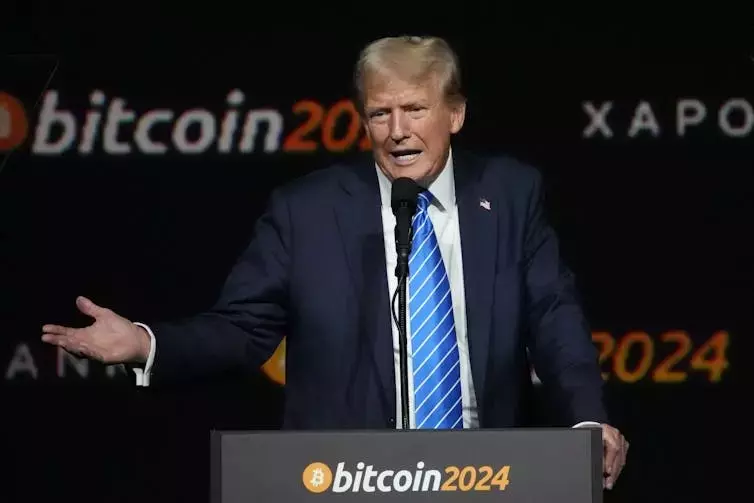



The appointment of Elon Musk as the head of the Department of Government Efficiency (DOGE) has sparked both intrigue and concern. Officially, this role aims to streamline federal bureaucracy and eliminate inefficiencies. However, critics argue that Musk’s involvement may have deeper motivations tied to his vast corporate empire. This article explores the implications of Musk's new position and raises questions about the balance between government oversight and private influence.
On the surface, Musk’s appointment as a “special government employee” overseeing what was formerly known as the U.S. Digital Service seems like an innovative move toward modernizing governance. The rebranded U.S. DOGE Service, established during President Trump’s second term, ostensibly seeks to enhance efficiency and reduce waste within federal agencies. Musk’s background in technology and business innovation could indeed bring fresh perspectives to the table. Yet, beneath this veneer of reform, there are concerns that Musk’s involvement might serve his broader corporate interests.
Musk’s extensive business ventures—spanning electric vehicles, space exploration, artificial intelligence, and more—have long been subject to government regulations. By assuming control over the very agencies responsible for these regulations, Musk gains unprecedented access to sensitive data and decision-making power. For instance, his companies, including Tesla and SpaceX, have faced scrutiny from bodies like the National Highway Traffic Safety Administration and the Securities and Exchange Commission. Through DOGE, Musk could potentially reshape these regulatory frameworks, thereby easing constraints on his businesses.
One historical parallel draws attention to the British East India Company, which began with trade rights before gradually acquiring governmental powers. Similarly, Musk’s influence over government operations through DOGE mirrors a modern-day equivalent where data access and digital systems replace physical trading posts. The ability to alter government payment systems and manipulate records raises serious privacy and security concerns. Reports suggest that DOGE employees have already made changes to payment processing programs, impacting Social Security beneficiaries and government contractors.
Musk’s involvement in cryptocurrency further complicates the situation. Both he and President Trump have shown interest in digital currencies, leading some to speculate about a coordinated strategy to shift financial control into private hands. The potential integration of Musk’s AI systems with government data could create powerful tools for economic prediction and voter behavior modeling. Critics worry that this concentration of power could undermine traditional checks and balances, allowing for unchecked influence over government operations.
The rapid pace at which these changes are occurring stands in stark contrast to historical precedents. While individual actions may appear justified in isolation, their cumulative effect points to a significant shift in the balance of power. Protest movements are gaining momentum, but the question remains: who can effectively investigate a group designed to dismantle oversight itself? The administration’s previous actions, such as firing inspectors general, suggest a deliberate effort to eliminate accountability mechanisms.
In essence, Musk’s leadership at DOGE represents a pivotal moment in the relationship between private enterprise and public governance. As the line between these realms blurs, it becomes crucial to scrutinize the intentions behind such reforms. The challenge facing Americans is not just whether government needs modernization, but whether they are willing to sacrifice democratic principles in pursuit of efficiency. This debate highlights the need for vigilance and proactive engagement to ensure that technological advancements do not erode fundamental democratic values.
